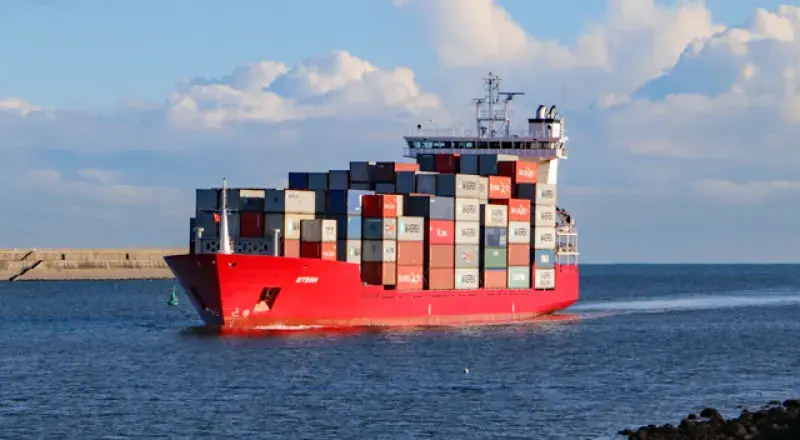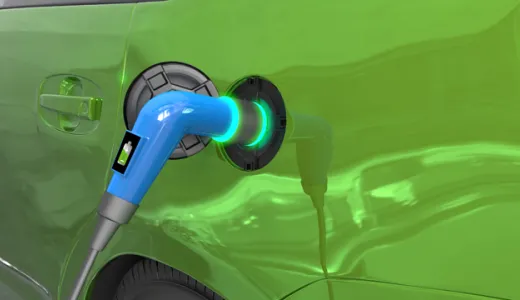Government plans, commitments and targets
Headlines from the Transport Decarbonisation Plan (published by Department for Transport on 14 July 2021):
- The Maritime sector is responsible for 5% of UK transport emissions
- Achieve net zero through a transition to alternative fuel powered vessels using energy from low or zero emission sources, such as ammonia, hydrogen or highly efficient batteries, as well as the integration of ports into the decarbonised energy network and supplying the fuels of the future
- Ports and harbours have a role to play by decarbonising their own operations
- Government are firmly committed to achieving net zero for the UK domestic maritime sector as soon as they can, evidence suggests net zero may be achieved earlier than 2050 with modelling undertaken for the DfT suggesting such a transition may be possible in the 2040s
- DfT have outlined 8 commitments to decarbonise this sector
- Included the UK international aviation and shipping emissions in the Sixth Carbon Budget
-
By 2050 there could be 75-95TWh of demand for hydrogen-based fuels (principally in the form of ammonia) from UK domestic and international shipping
-
The strategy suggests that BEV is unsuitable for shipping due to size and weight, however Liquid Ammonia could be a more favourable energy source for larger ships on long-distance routes. Ammonia is also already internationally transported on ships so some infrastructure and supporting regulations are in place. However this ammonia is currently not low-carbon
-
HySeas III - programme based around Orkney which will deliver world’s first sea-going vehicle and passenger ferry to employ carbon-free hydrogen as its energy source. Uses green hydrogen produced on the island and is supported by approx. £10.8m in funding
Expanding our port engagement

New online tool will help UK ports transition to net zero
We have been engaging with port operators to identify the opportunities and challenges for decarbonising a number of key ports in England. Working in collaboration with Siemens, and with support and guidance from the British Port Authority (BPA), we have developed an online tool to help with the industry’s’ decarbonisation journey.
The online tool is to encourage ports to ask questions about their potential future electricity demands, help port operations understand their network infrastructure, and discuss and understand the complexities involved in power supply; helping to meet their net zero targets.
Our next steps
Continue to collaborate and engage with stakeholders from across the maritime sector to understand their views on the barriers, opportunities and potential infrastructure requirements for decarbonising their sector.
As an example, we collaborated with the Energy Networks Association, ENA, and Distribution Network Operators to put forward a network provider response to the Government Call for Evidence on the rollout of shore power.


